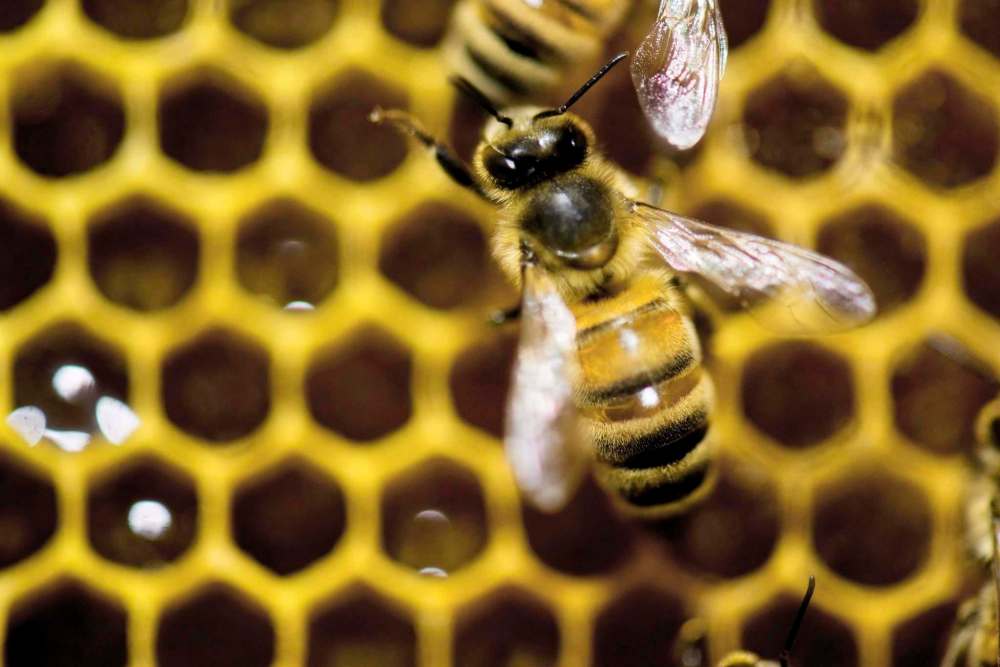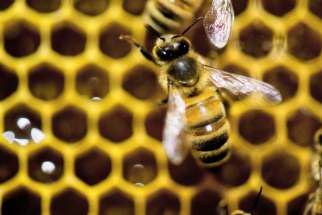Another report, another dire warning
Read this article for free:
or
Already have an account? Log in here »
To continue reading, please subscribe:
Monthly Digital Subscription
$0 for the first 4 weeks*
- Enjoy unlimited reading on winnipegfreepress.com
- Read the E-Edition, our digital replica newspaper
- Access News Break, our award-winning app
- Play interactive puzzles
*No charge for 4 weeks then price increases to the regular rate of $19.00 plus GST every four weeks. Offer available to new and qualified returning subscribers only. Cancel any time.
Monthly Digital Subscription
$4.75/week*
- Enjoy unlimited reading on winnipegfreepress.com
- Read the E-Edition, our digital replica newspaper
- Access News Break, our award-winning app
- Play interactive puzzles
*Billed as $19 plus GST every four weeks. Cancel any time.
To continue reading, please subscribe:
Add Free Press access to your Brandon Sun subscription for only an additional
$1 for the first 4 weeks*
*Your next subscription payment will increase by $1.00 and you will be charged $16.99 plus GST for four weeks. After four weeks, your payment will increase to $23.99 plus GST every four weeks.
Read unlimited articles for free today:
or
Already have an account? Log in here »
Hey there, time traveller!
This article was published 06/05/2019 (2412 days ago), so information in it may no longer be current.
Humankind is flourishing, a United Nations scientific panel announced this weekend, but we are doing so by exterminating the plants and animals that keep us alive. This cannot continue. People have to change their way of living with nature so that our own species and the ones we prey on can all survive, the report argues.
These conclusions from the (deep breath) Intergovernmental Science-Policy Platform on Biodiversity and Ecosystem Services (IPBES) have a familiar ring. Prophets of doom have been warning for many millennia that humankind would suffer dire punishment for failing to follow the prophets’ advice. But the best prophets always offer a glimmer of hope: repent and be transformed and we just might escape the wrath to come.
This line of reasoning is so familiar, so predictable, that it may provoke a skeptical response. What are the parts of the story they are not telling us? Why do they think their puny means of observation can explain and predict the vast forces that shape and reshape the world?

And yet — what if they’re right? Or partly right? The common-sense response to such a prophetic warning is neither to swallow it whole nor to dismiss it as tree-hugging hallucination. The sensible approach is to look carefully at what the experts say, compare it with what the rest of us can see with our own eyes and see how well it stands up after a couple of years.
It is undoubtedly true that the global human population has doubled to 7.6 billion from 3.7 billion over the past half-century. It is also evident that the large numbers of people who advance from poverty to wealth live longer, eat more food, turn more wetlands and forests into farms and extract more fish from the oceans. We also spew more filth and toxins into the rivers and the garbage dumps. It stands to reason that push must eventually come to shove, that our own increasing numbers and increasing demands for natural products must reach a limit.
The Club of Rome, a collaboration of scientists, economists and business people concerned about the future of humanity, concluded in its 1972 report The Limits to Growth that the world was about to run out of petroleum. It hasn’t happened yet. This does not prove that all prophets of doom are wrong, but it should teach us to look sharply at what the prophets know and what they merely conjecture.
The difficult question underlying the problem of humanity and nature is: who do we think we are? Are we the masters of nature? We seem so when we dam rivers and redirect them. Or are we part of nature? It seems we are when, for want of honeybees, the orchards become barren.

We are dependent on nature because the foods that nourish us, the fabrics that clothe us and the medicines that cure us are either natural products or industrial derivatives of natural products. We have great power to build and to destroy because our large brains and opposable thumbs allow us to build tools and invent technologies. The clever tools and technologies can blind us to our continuing dependence on nature.
The IPBES report is a welcome reminder that humans are both the masters and the servants of nature.
Humankind’s great power to build and to destroy confers a special responsibility to look critically at what we are doing to our own planet and to the species that inhabit it with us. We can’t live without them.











